A group of researchers at Penn State University claim to have found a way to charge an electric car battery in just 10 minutes. And just why is that a big deal? Because it could be the thing that finally makes electric cars the world's preferred vehicle.
Big improvements already
Electric race cars? The Formula E circuit has shown just how far this tech has come. (Getty Embed)
Over the last decade, the electric car has already gone from well-meaning idea for enviro-keeners to accepted new transportation tech to full-on status symbol. And the reasons for this change are fairly obvious. More companies are making more models of electric car and doing a better job of it.
Yes, gas-powered vehicles still dominate North America. But the old jokes about electric and hybrid (powered by some gas and some electricity) vehicle being less powerful, less roomy, less stylish simply aren't true anymore. Still, one knock against electric vehicles remains.
Range anxiety.
Range life
A Tesla charging station. (Getty Embed)
Range anxiety is the fear that your car is going to run out of juice before you reach your destination. It's like the worry about running out of battery life on your phone, except for your car.
This fear is especially true in huge countries like Canada and the U.S., where there can be many hundreds of kilometres between cities.
Electric car manufacturers have tried to address this issue in two ways. The first is creating better batteries that last for between 320 to 480 km (200 to 300 miles) of highway driving before needing a charge.
The second is building a more electric vehicle charging stations along major highways in North America so that a driver is always in range of a place to charge their battery.
But while all of that is great, if it takes up to an hour to fully charge the battery, it's not convenient.
Cue this new innovation!
Quick power
Electric cars have been an easier thing for Europe to embrace, where cities are closer together. (Getty Embed)
According to Chao-Yang Wang, a chemical engineer at Penn State, "We demonstrated that we can charge an electrical vehicle in 10 minutes for a 200-to-300 mile range. And we can do this maintaining 2,500 charging cycles, or the equivalent of half a million miles of travel."
So, charging a battery quickly has always been possible. But it required long periods of very high heat, and that wore down the battery. In short, you could charge quickly, but you'd need to buy a new battery in a couple years and who wants that?
But Wang and his team discovered that if the batteries were heated for a very short period of time, then quickly cooled, they could transfer a full charge into the battery without damaging it.
This tech is still new and needs to be "scaled up", or proven in an actual car battery. But if it works, we could see a future where recharging an electric car and filling a gas tank takes about the same length of time.
Vroom! Vroom!
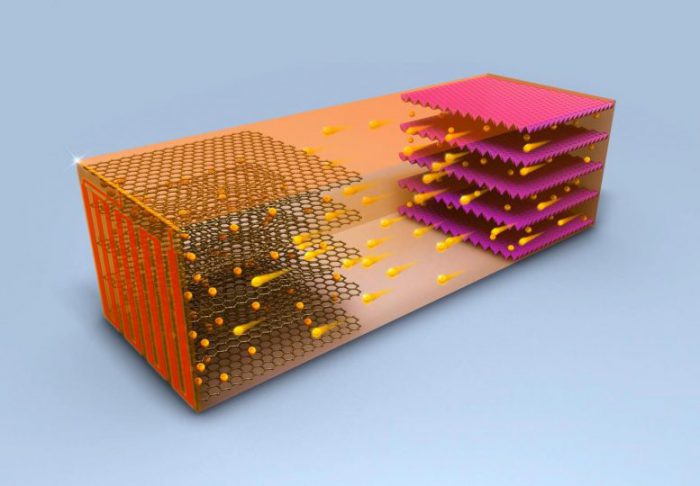 Wheee! This illustration is of the inside of a battery showing ions flowing from one side to the other, creating energy. (Chao-Yang Wang Lab, Penn State University)
Wheee! This illustration is of the inside of a battery showing ions flowing from one side to the other, creating energy. (Chao-Yang Wang Lab, Penn State University)

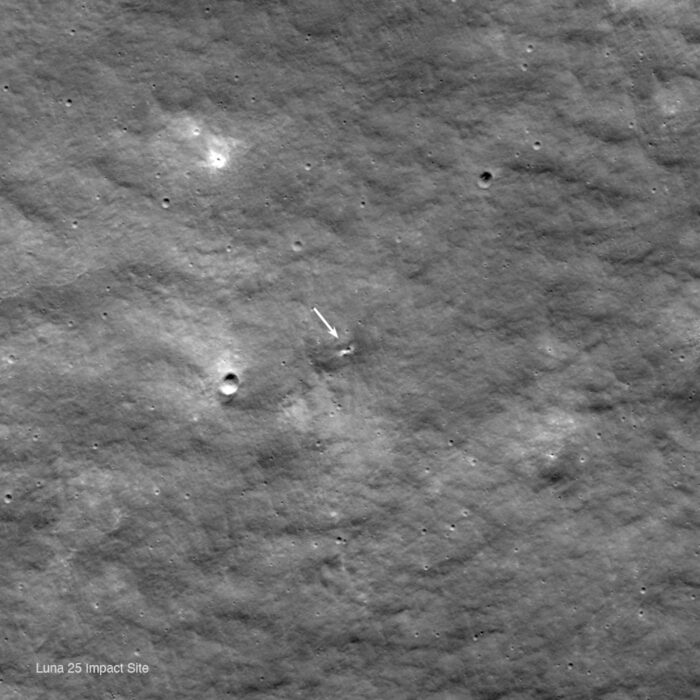


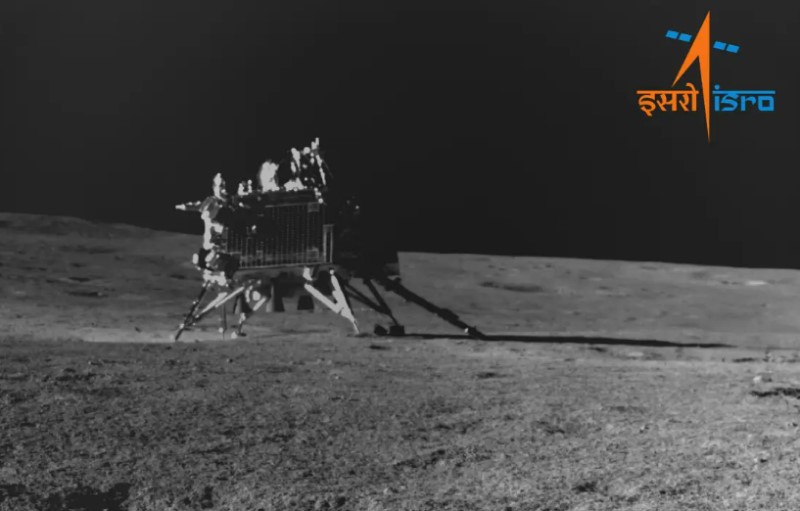
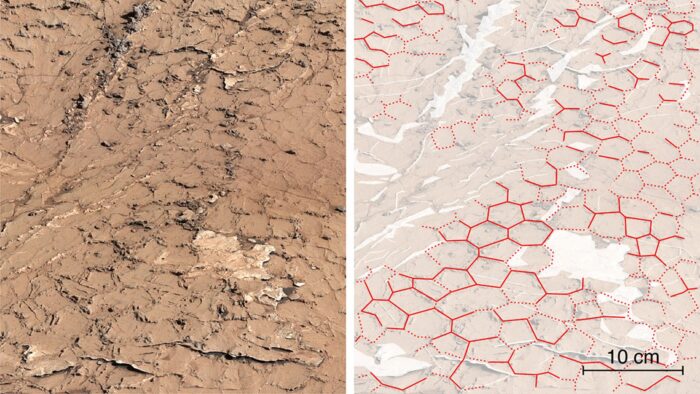

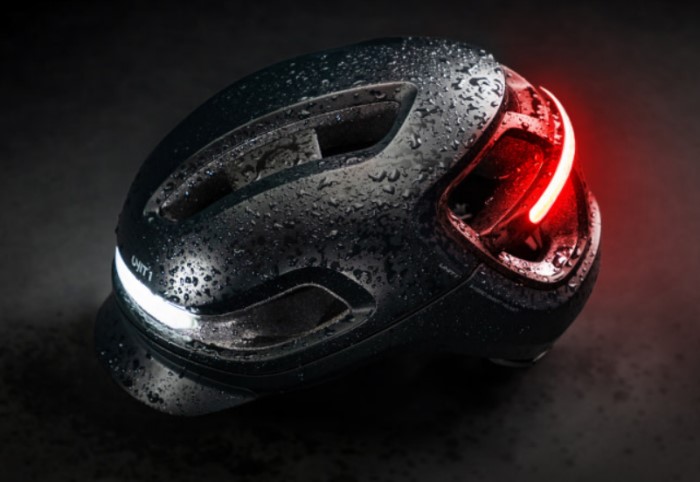


wow